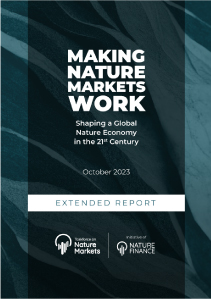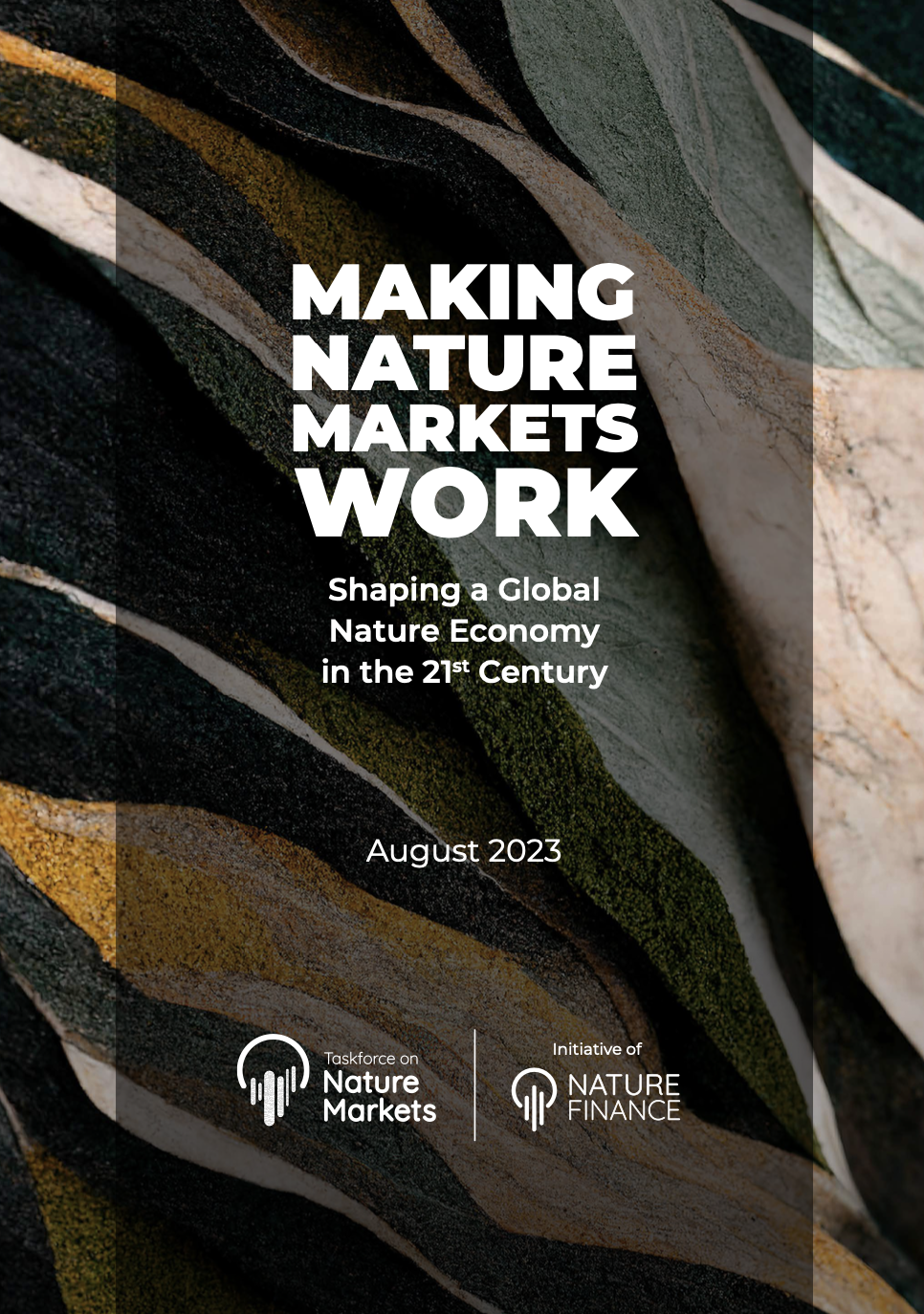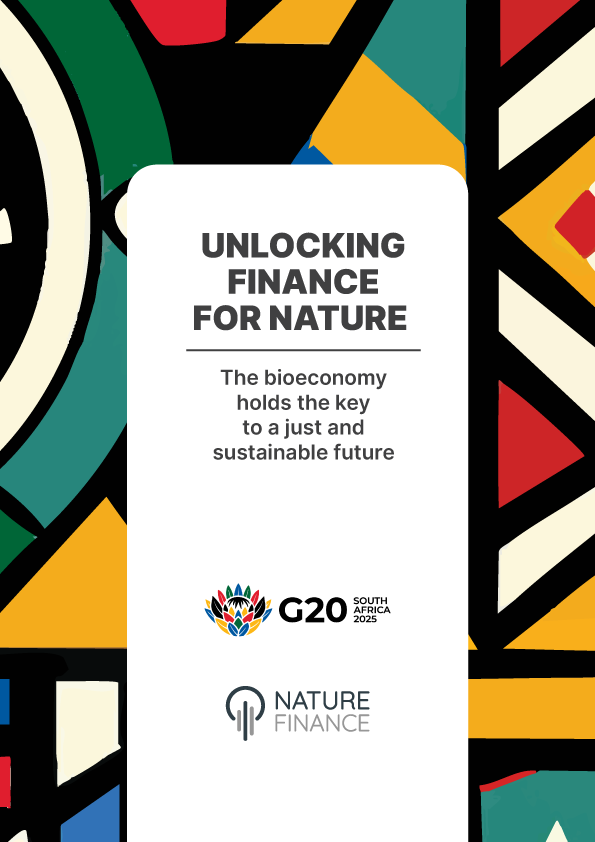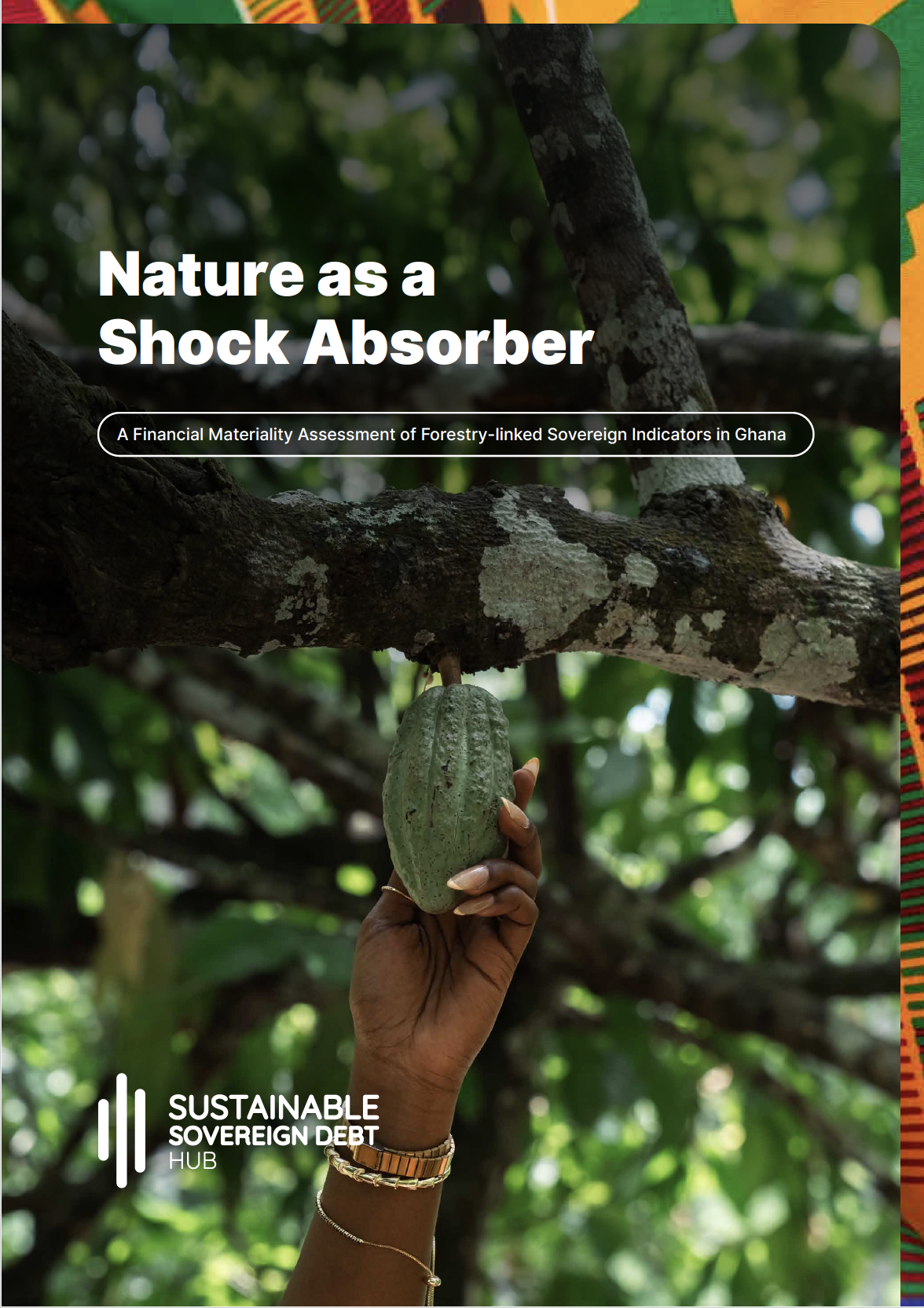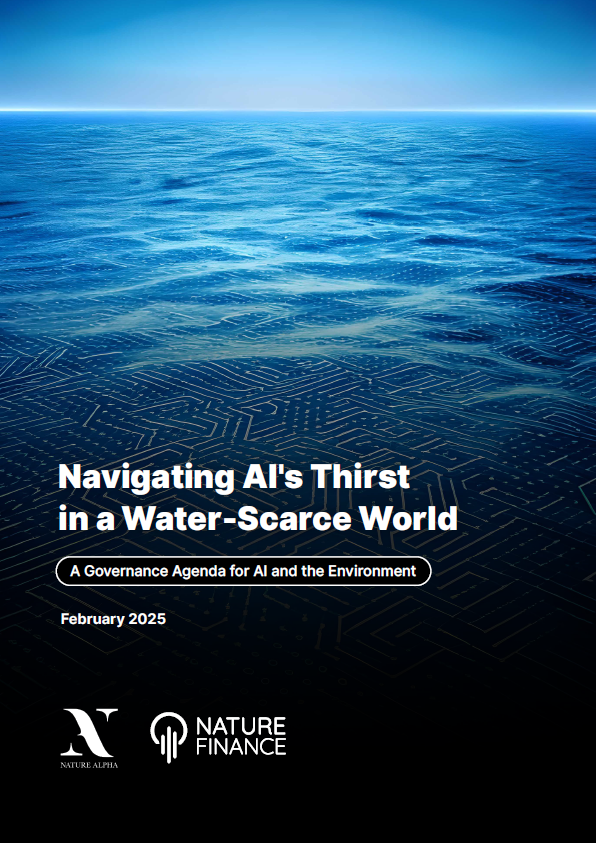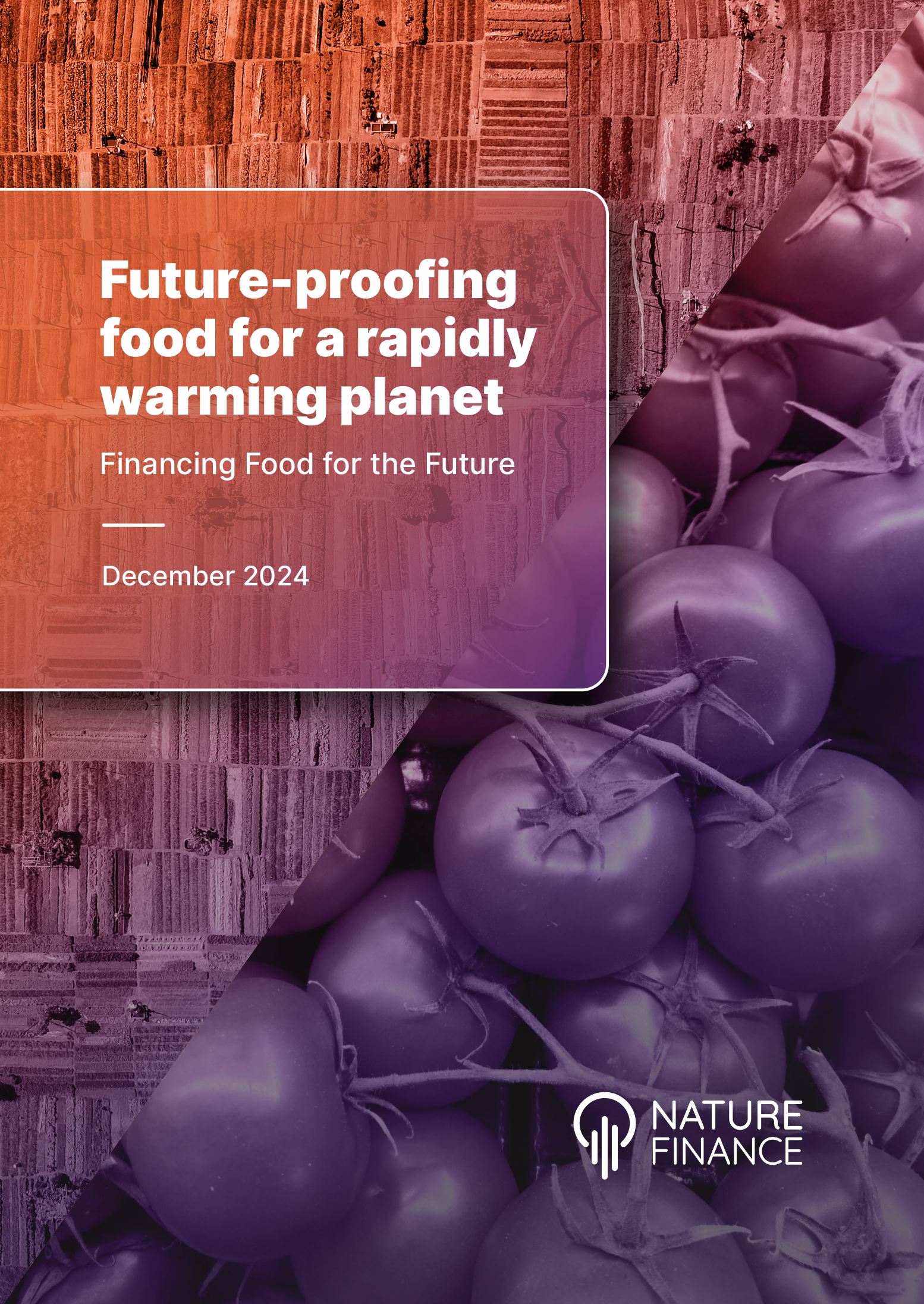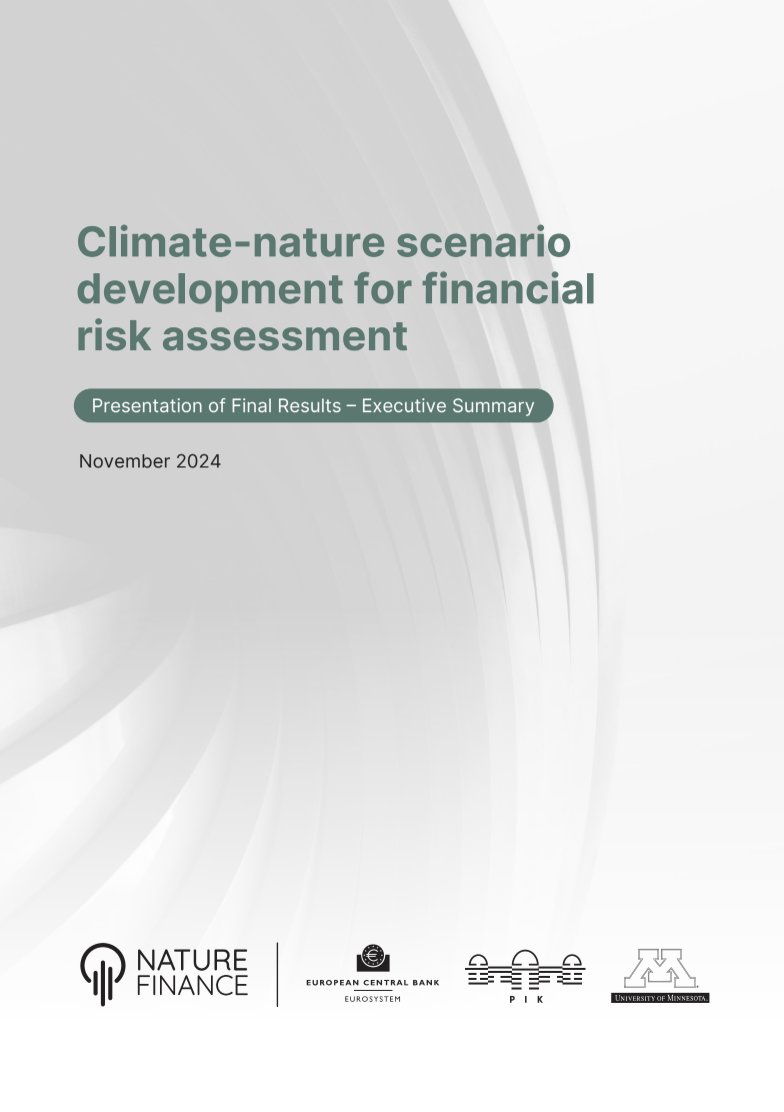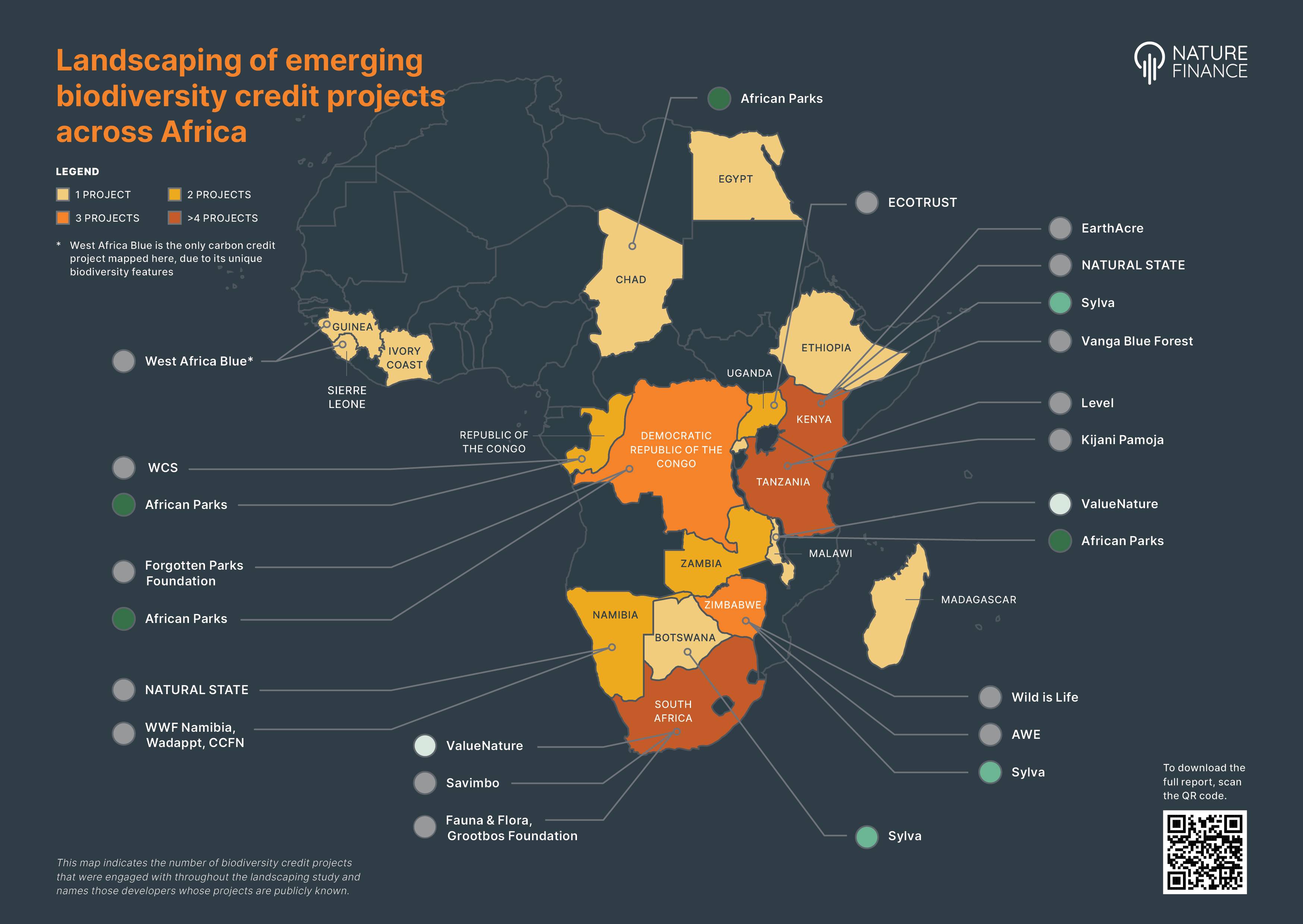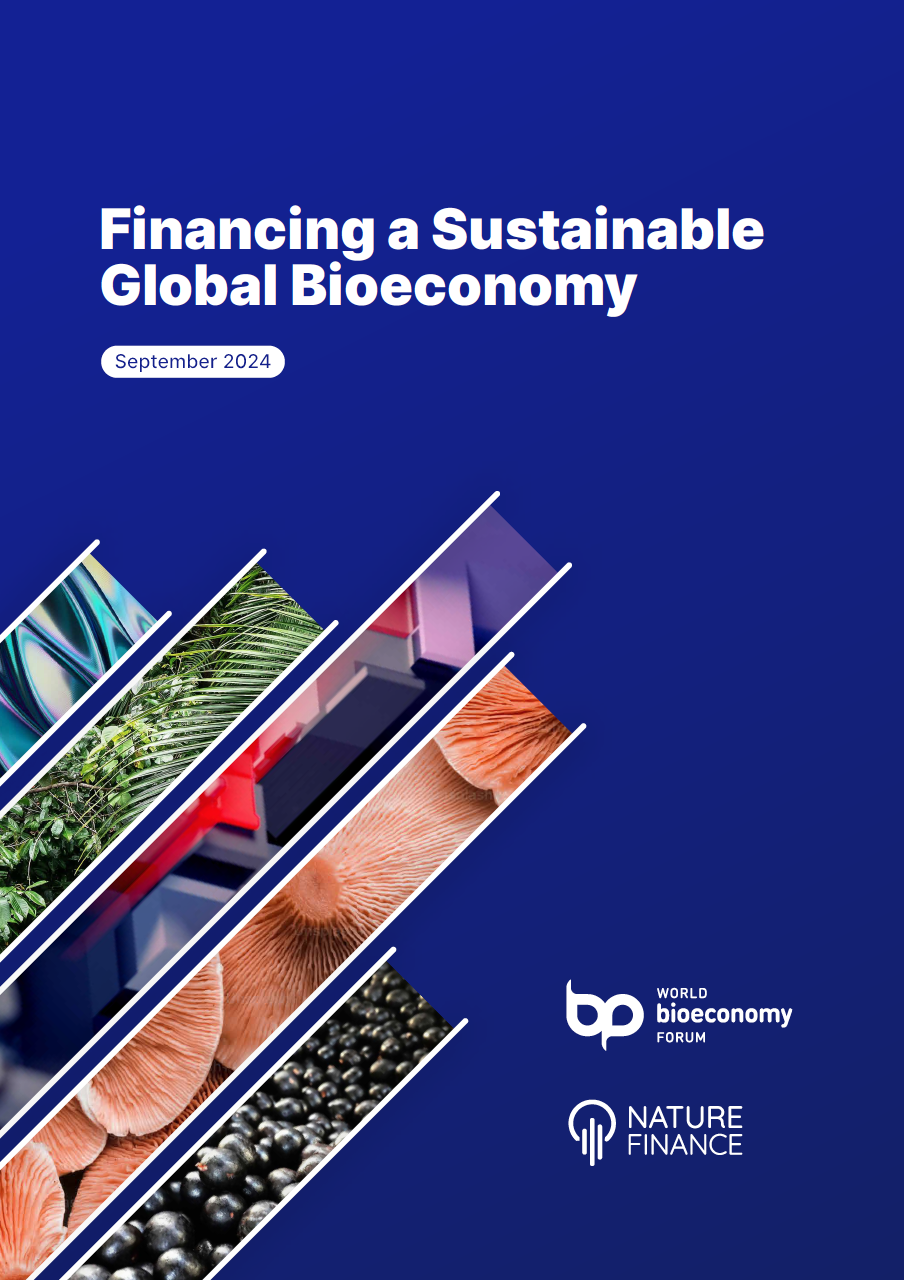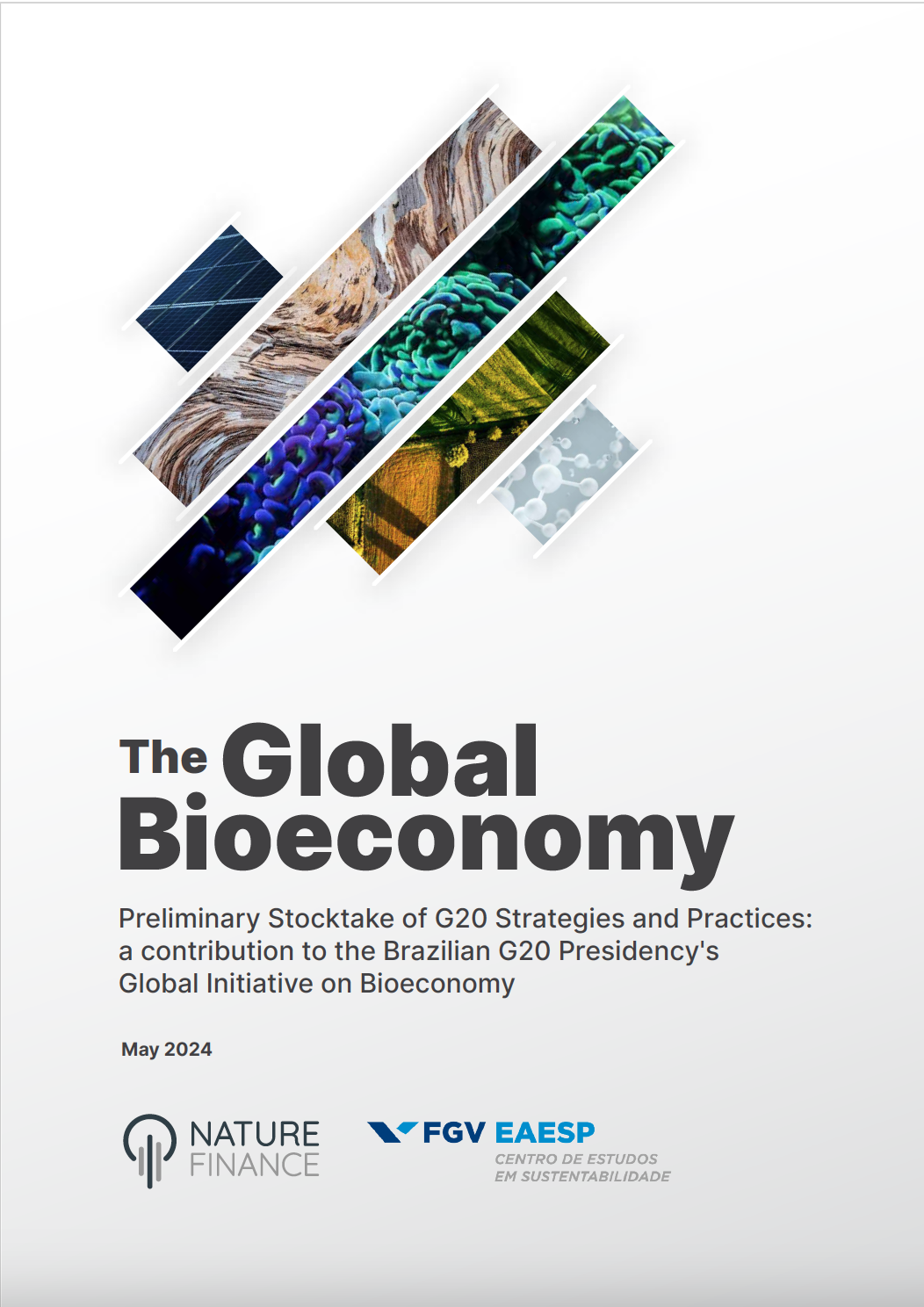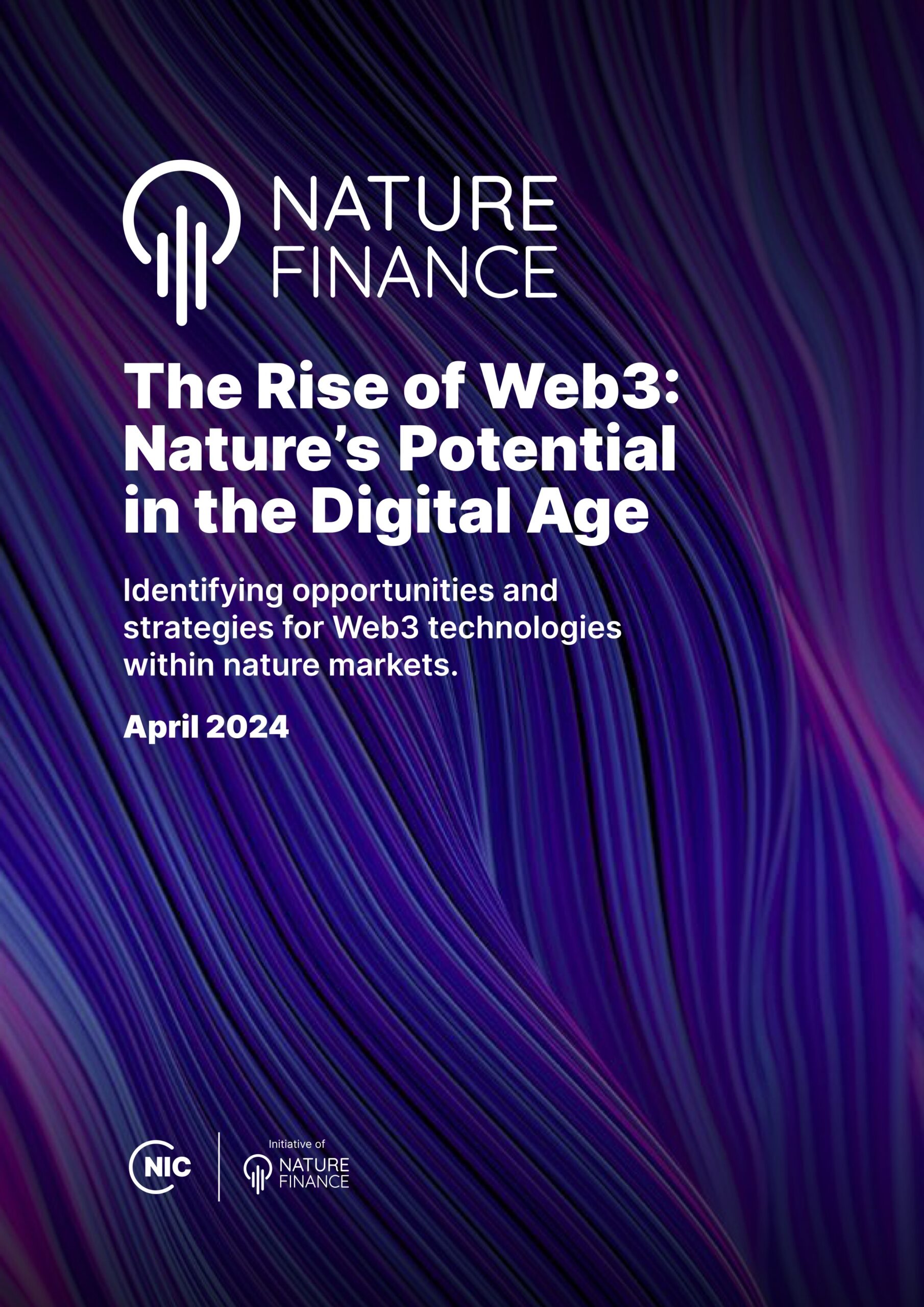Making Nature Markets Work: Final Recommendations of the Taskforce on Nature Markets
Today’s economic model has destroyed nature at unprecedented rates, accelerated the climate crisis and inequality, and undermined both financial stability and food security. The Amazon rainforest is nearing a tipping point, with more than 75% losing its ability to recover from events such as droughts or fires. Globally, biodiversity has declined by 70% since 1970, and the world has already lost a third of its forests, which are vital to absorbing carbon emissions and reducing global temperatures.
The ongoing shift towards pricing nature into markets has the potential to see billions of dollars mobilised for nature’s protection and a greater share of economic rewards going to nature’s stewards. However, it could also open the door to risks of greenwashing and entrenchment of the extractive global economy.
The unprecedented shift towards pricing nature into markets must be harnessed to protect nature and transition to a fairer, more sustainable economy.
The Taskforce on Nature Markets, an initiative of NatureFinance, has set out 7 recommendations to embed nature and equity goals into global financial activity.
The report’s ambitious, yet practical, recommendations include advancing traceability in the global food commodity markets, requiring traders to take nature and climate into account, mandating nature crime-free value chains, and ensuring carbon markets and emerging biodiversity credit markets deliver fair prices to nature-rich countries, Indigenous Peoples, and local communities.
After the launch of the Taskforce on Nature Markets landmark recommendations alongside the Amazon Summit as well as a series of ongoing engagements around these recommendations, including at New York Climate Week, the Africa Climate Week & Summit, Building Bridges, and UNCTAD World Investment Forum, the Taskforce has released its anticipated extended report. This extended version adds weight and depth to the recommendations, as gained from engagements and contributions with and beyond its members, knowledge partners and an innovative and evolving community of practice.
The extended report includes a full list of exhibits and illustrative scalable examples from across the globe of how nature positive and equitable nature markets can be realised and harnessed for an economy wide shift. The additional exhibits and content in the extended report demonstrate in a practical and accessible way how ambitious and necessary solutions can work – and are already working – in the real world. Finally, it provides building blocks and pathways for catalytic change toward a nature positive, equitable and climate resilient economy.
